
Face-to-face classes have started in international universities and schools despite the developments of new COVID-19 variants. Students from Yale University and Harvard University have returned on campus, in the proper observance of health protocols, whereas some schools in Jakarta, Indonesia were also reported to have safely reopened due to the easing in the number of COVID-19 cases.
While other countries continually emerge from the detrimental effects of the pandemic and gradually kickstart physical classes, the condition of the Philippine education system remains bleak. Commercial establishments have been permitted to operate by the government, whereas schools are yet to reopen.
In a report by the United Nations Children’s Fund (UNICEF), the Philippines is said to be one of the 5 countries where schools have been closed since the start of the pandemic. Classes were held virtually, with numerous students and teachers struggling as connectivity issues and lack of resources pervade their access to education. Financial constraints have perturbed their situation, with an enrollment turn-out looking more unfavorable than expected by the country’s education sector.
The Department of Education (DepEd) exclusively confirmed to Rappler on September 2, Thursday, that they are eyeing to re-open 100 public schools in “low-risk areas” to hold limited face-to-face classes. DepEd Secretary Leonor Briones further suggests that an additional 20 private schools “join the pilot run.” This is yet to be approved by President Duterte.
Meanwhile, the 2022 proposed budget for the education sector is at Php 773.6 billion which is said to be the highest among other departments. However, in the 2020 report by the Commission on Audit (COA), DepEd was found to have misused Php 8.14 billion worth of funds for the supposed Basic Education Learning Continuity Plan (BE-LCP). COA found inconsistencies in budget utilization, especially with the delays, errors, and incomplete provision of self-learning modules (SLMs). Furthermore, COA also reported deficiencies in the Commission on Higher Education’s (CHED) use of funds as they found Php 2 billion out of Php 3 billion worth of unused funds supposedly allotted for the remote learning set-up.
The University of the Philippines, on the other hand, received a large budget cut worth Php 1.3 billion for its 2022 budget, a part of which is to be allotted for the Philippine General Hospital (PGH) known to be one of the primary COVID-19 referral centers in the country. This also incurs disadvantages to workers clamoring for regularization as the UP administration has only devised lackluster efforts in heeding the employees’ demands.
Additionally, the Duterte administration has proposed merely 4% or Php 240 billion in the proposed national budget for 2022 to be allotted for the pandemic response.
The National Task Force to End Local Communist Armed Conflict (NTF-ELCAC), on the other hand, received an increase worth Php 28 billion in its budget for its Barangay Development Program, posing security risks to government critics. It has also been reported by COA that a part of other government agencies’ funds were channeled for the use of the NTF-ELCAC.
The notorious task force is no stranger to cracking down on necessary and just criticism of the masses on the Duterte administration as it has consistently engaged in aggressive efforts to threaten and attack the people’s democratic rights and spaces.
Last September 3, Friday, various sectors within the UP community held a protest in clamoring for the passage of the resolution authored by sectoral regents, previously rejected by the Board of Regents (BOR) last January 27. The Technical Working Group (TWG) for the UP-DND accord and academic freedom likewise met to discuss the rejected resolution.
To safely reopen schools necessitates particular requisites to be satisfied. Rise For Education-UPD asserted that #LigtasNaBalikEskwela can only be achieved if the state ensures the pandemic is battled through with medically-informed means, as well as in holding democratic consultations and the non-implementation of tuition fee hikes. They further addressed that it is especially vital that schools are ensured safety and that quality education is made accessible to the Filipino masses.
Contrary to the reopening of universities and schools in other countries, the Philippine education sector remains sterile in its efforts to alleviate the worsening conditions of the students and teachers, a certain accomplice to the Duterte administration’s overt disregard for its people, especially amid the crisis.�
Featured image courtesy of Yale University.


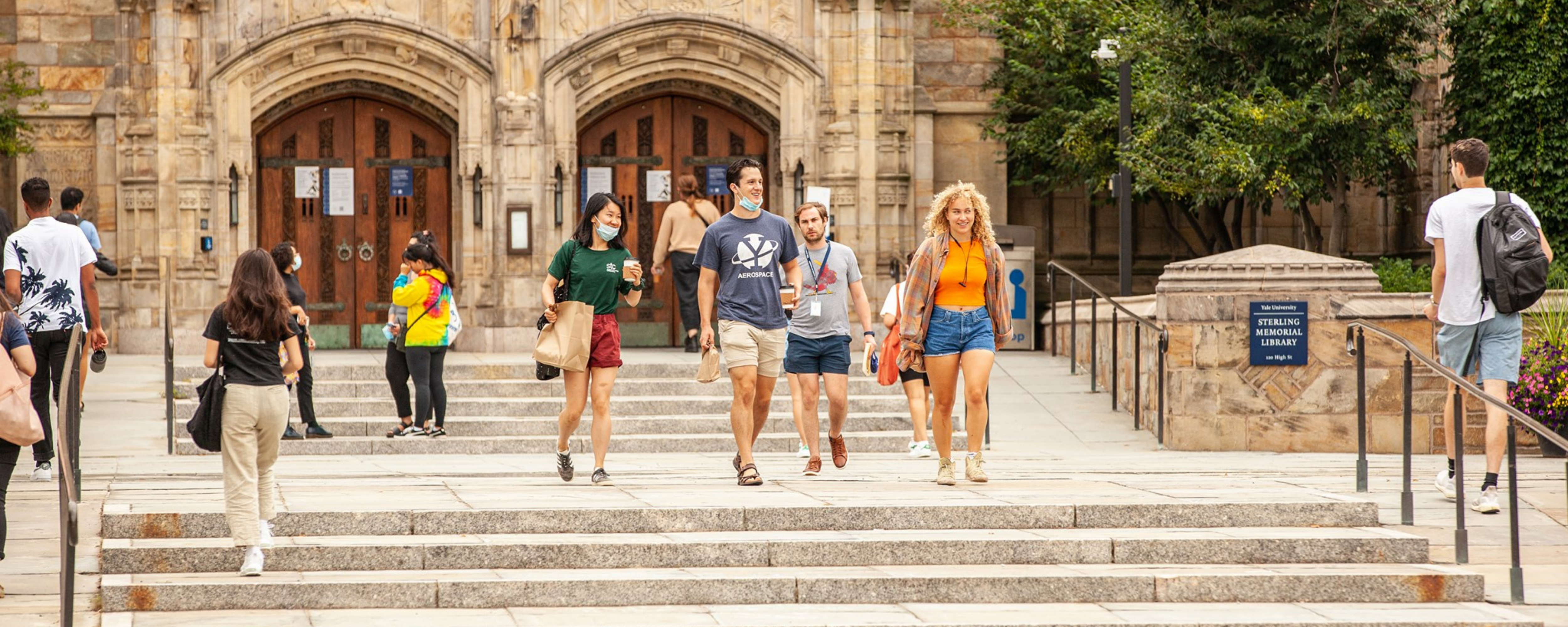

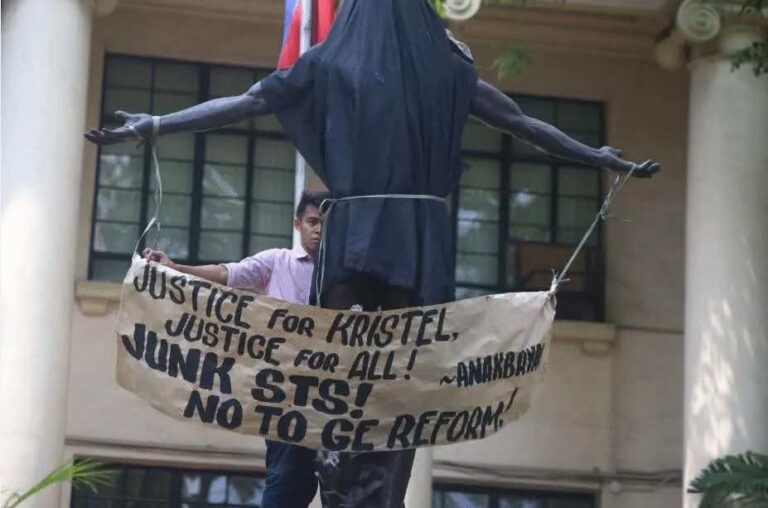
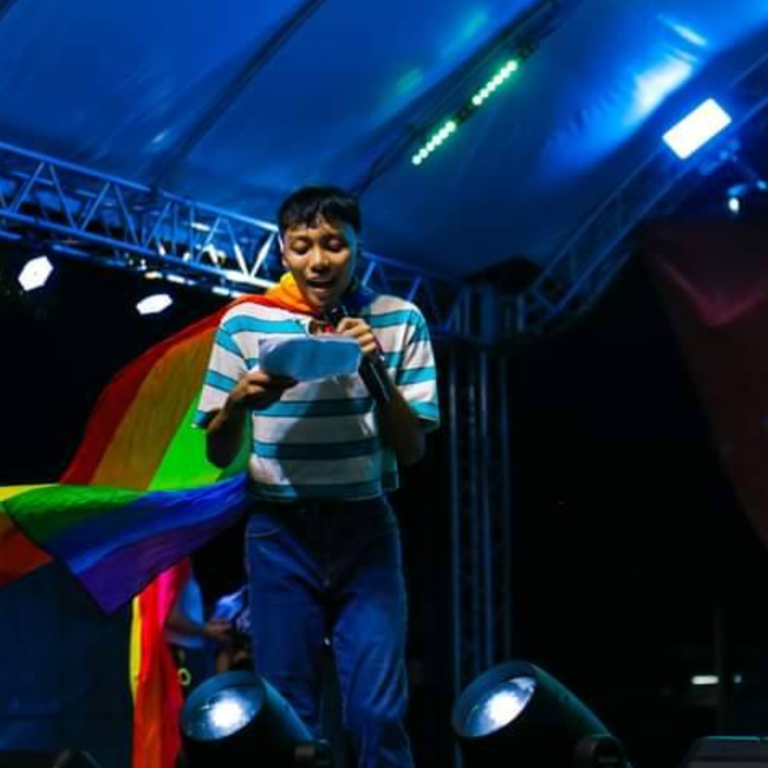
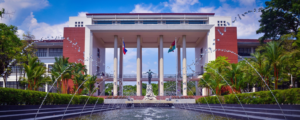
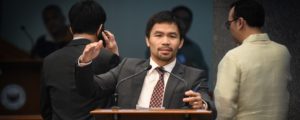
whoah this weblog is fantastic i love studying your articles. Stay up the good work! You realize, a lot of individuals are looking round for this information, you could aid them greatly.